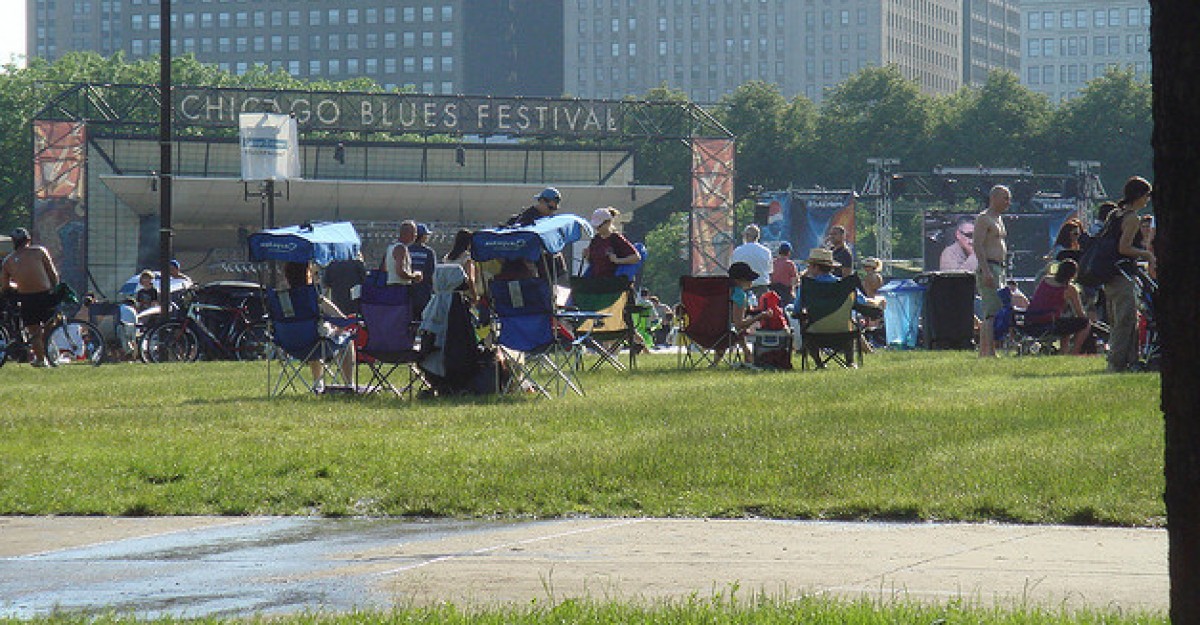As I attended yet another film festival last weekend (Film Fest Petaluma), I kept in mind several questions:
- What are the main functions of a film festival?
- Why do people attend? What are their expectations/experiences?
- What do film festivals contribute to the community? To society in general?
In the beginning of my research, I knew very little about film festivals, although I fancy myself a student of film. I started out researching a single festival, the Silver Scream Film & Comic Festival, which debuted this year at the Roxy 14 Theater in my hometown. My research on this led me to want to compare it to other film festivals in the area. I soon found several active festivals, many which specialized in certain cinematic fare and/or targeted key audiences. I settled on two others to add to my list: the Sebastopol Documentary Film Festival and the Sonoma International Film Festival.
Each of these events boasted their own distinctive mission statements, style and appeal. The one thing they all had in common was a passion for both storytelling and the storyteller. Each festival wanted to support, honor and celebrate those who use the medium of film/video to educate and entertain. Whatever reason the filmmakers had for making their film, these festivals gave them the chance to expose their visions to an audience. And all of them depended on the support of the local community to make it happen. They were often run by dedicated volunteers, some who worked year-round to make sure the festivals would return every spring to a devoted audience. And there apparently is a huge source of creative talent out there willing to do what it takes to obtain a screening at one of these festival, no matter how small or specialized they might be. Filmmakers from all over the world are participating in these local events, bringing their worldly visions home to us in our own theaters.
And this is what I love about our film festivals. I loved going to each and every one of them. I loved the experience of sitting with hundreds of other spectators engaged in the act of observation. I loved feeling them react around me, and being a part of the buzz in between showings. Film is magic to me, and film festivals, because of their nature, are all the more magical not only because of the devotion of its creators and faciliators but also because of its audience. It’s a collective experience that reveals many things about who we are, and it shows us where we’re at as a society.
Let me explain briefly. A controversial film was screened at SIFF this year that was shown to a class at SRJC. It was about necrophilia. A young man digs up a dead woman and has sex with her one last time. The response from audience members was mixed, ranging from shock to disgust to outrage to indifference. It sparked lively debates between students, especially between men and women. Films of this sort visually expose us to concepts and ideas we normally wouldn’t experience in our lifetimes, often triggering surprising discoveries about ourselves in how we react, physically and emotionally, to what we see and experience on the screen.
In short, the cinematic experience has the ability to transform audiences in unexpected ways. Film makes statements we can’t easily erase from memory. Film festivals offer a collective experience that can bind us together by moving us emotionally, by compelling its audience to care.
So, how does this tie in with everything we’ve learned about festivals this semester? I feel that film festivals are not the result of a decaying tradition but instead a promise of a dynamic future. They cleverly use cinematic nostalgia to its advantage, in a way that propels us into the present and helps us to envision a better future. They also help to identify and break down cultural limitations by fostering an ever-increasing freedom of expression that perpetually keeps alive the creative spirit.
And that’s my experience. Thank you for being a part of it.

